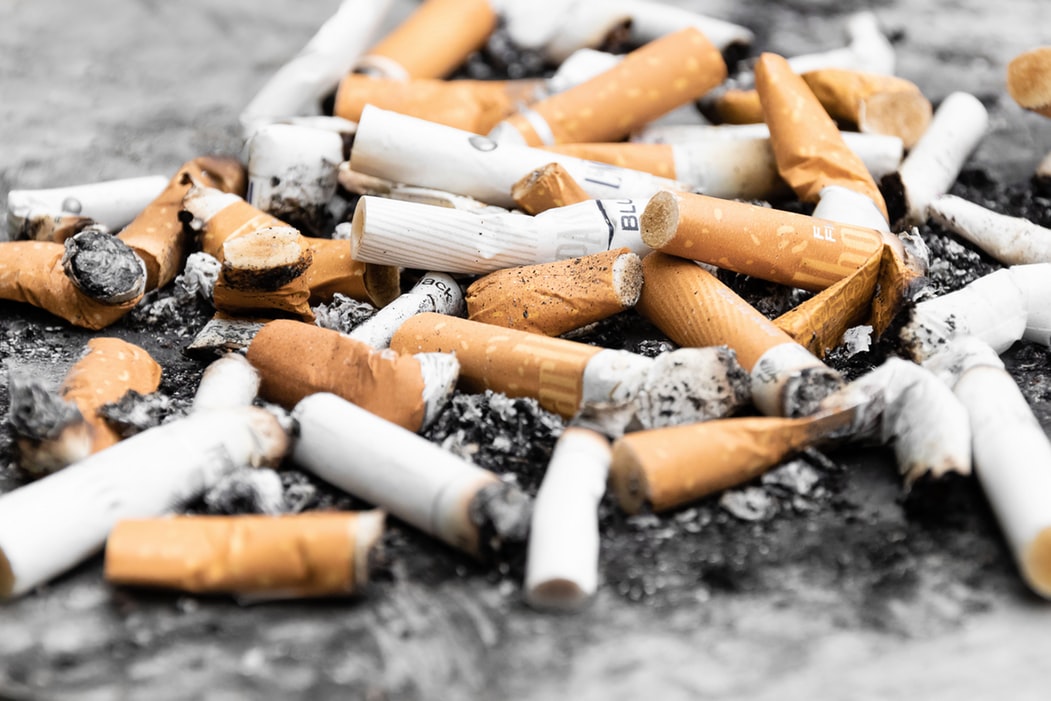Smoking and Hearing Loss: What’s the Connection?
You know that ongoing exposure to loud noises can harm your hearing, but other environmental factors can also impact our ability to hear. Individuals who smoke or are exposed to secondhand smoke have an increased risk of hearing loss compared to nonsmokers. Read on to learn more about the clinical research behind this connection.
Reviewing the Studies
Several research teams have published studies investigating the link between smoking and hearing loss. Some of the key findings include:
- Smokers were 60% more likely to develop high-frequency hearing loss than non-smokers in a 2018 study of 50,000 Japanese workers led by the Department of Epidemiology and Prevention at the National Center for Global Health and Medicine in Tokyo.
- Non-smokers living with a smoker have a 50% elevated risk of hearing loss compared to those who are not exposed to secondhand smoke in the home, according to 1998 research published in the Journal of the American Medical Association.
- Those exposed to secondhand smoke in utero or as a young child are two to three times more likely to have hearing loss by their teen years than those without exposure, as found by 2014 research reported by the journal Archives of Otolaryngology-Head and Neck Surgery.
Exploring the Underlying Cause
Cigarette smoke contains a multitude of chemicals, including both carbon monoxide and nicotine. These substances cause blood vessels to narrow and lower the amount of available blood oxygen. When this affects the blood vessels in the inner ear, the health of the hair cells that transmit noise to the brain becomes compromised. Scientists also think that smoke interferes with the transmission of sound to the brain’s auditory nerve, irritates the middle ear, damages DNA, and enhances the impact of hearing loss caused by noise exposure. Smokers are more likely to develop tinnitus and experience chronic ear infections, both of which can damage hearing.
If you smoke and you are worried about the impact of cigarettes on your hearing and overall health, talk to your doctor about ways to quit. If you notice that you can no longer hear as well as you used to and want to learn more about the impact of hearing loss, visit Associated Hearing Professionals in St. Louis. Our team will conduct a hearing test and provide more information about potential treatments for damaged hearing, such as hearing aid devices. Call 314-725-2686 to get in touch today.

